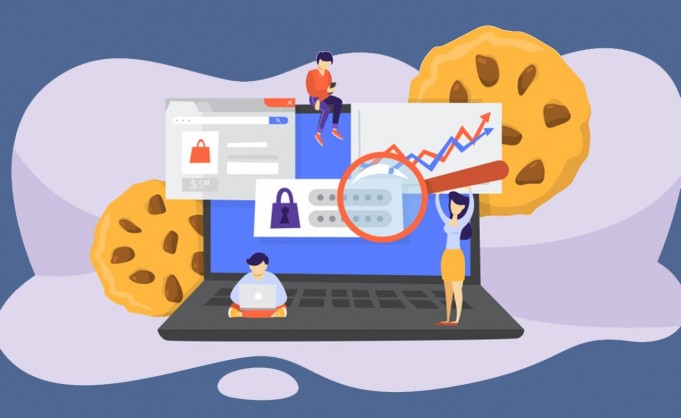Is it Okay to Accept Cookies on a Website?
These days, every website comes with an annoying message about cookies. But do you know what these cookies are? This article explains everything you need to learn about cookies, including whether you can accept or decline them.
What are Cookies?
Cookies are small text files with chunks of data like a username and password that are used to identify your computer. HTTP cookies or specific cookies are used to identify specific users and improve the web browsing experience. The server creates data saved in a cookie upon your connection. This ‘specific’ data is assigned with an ID unique to you and your system. When the cookie is exchanged between the network server and your computer, the server reads the ID and gathers what information to serve to you specifically.
What information can cookies hold?
Every cookie holds certain information about a website, like a website’s name and an ID for you. But some sites may also need other information in the cookie which the website stores on your computer.
A cookie might contain any of the following:
- Accounts you log into.
- The links you click while using the website.
- The options, preferences or settings you choose.
- The time you spend on a website.
- Items in a shopping basket.
- Recording which pages you have visited in the past.
For example, a shopping website could use cookies to remember the items you are storing in a virtual basket before checkout.
Do you have to accept cookies?
No, you don’t need to accept cookies. If a cookie strikes you, you can decline the cookie entirely. Webpages or sites that use cookies have to get your permission, or they may risk huge fines under various laws. So if you don’t wish to store a cookie holding data about you, say no.
What happens if you don’t accept a cookie?
The other side of this is that some brands won’t let you use their site if you don’t accept a cookie. After the introduction of GDPR and the heavy laws and fines that go with it, some sites will no longer give you access without cookie permission. This is because some sites won’t work as intended without the use of cookies. But for the most part, you will still be able to access the majority of the websites without accepting cookies.
There are advantages to accepting cookies, of course. You will get a more tailored experience with more relevant information, so it’s usually worth accepting cookies. But if you are particularly fearful about privacy, never accept them.
What can you do about cookies?
- Delete cookies– If you visit your browser’s settings, there will be an option to wipe or clear cookies. This allows you to reset your browser. However, if you do this, you will lose your saved login information from the browser.
- Update your antivirus software– If you want to keep the cookies, ensure you have updated antivirus software. Antivirus software highlights suspicious cookies and helps prevent cookies from stealing information.









